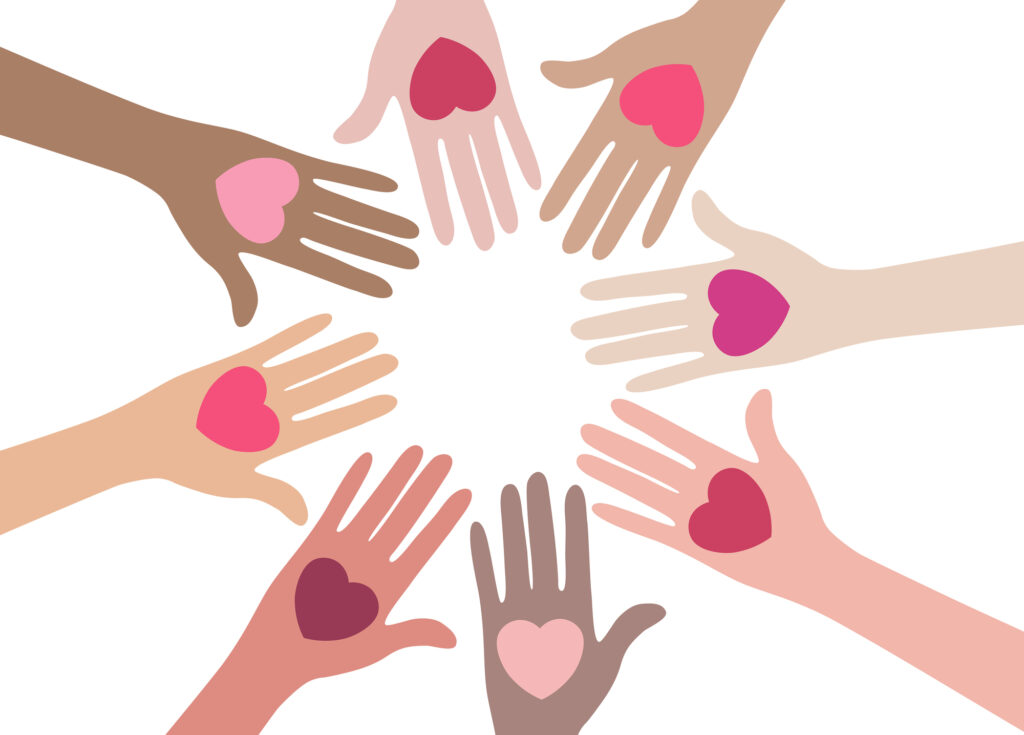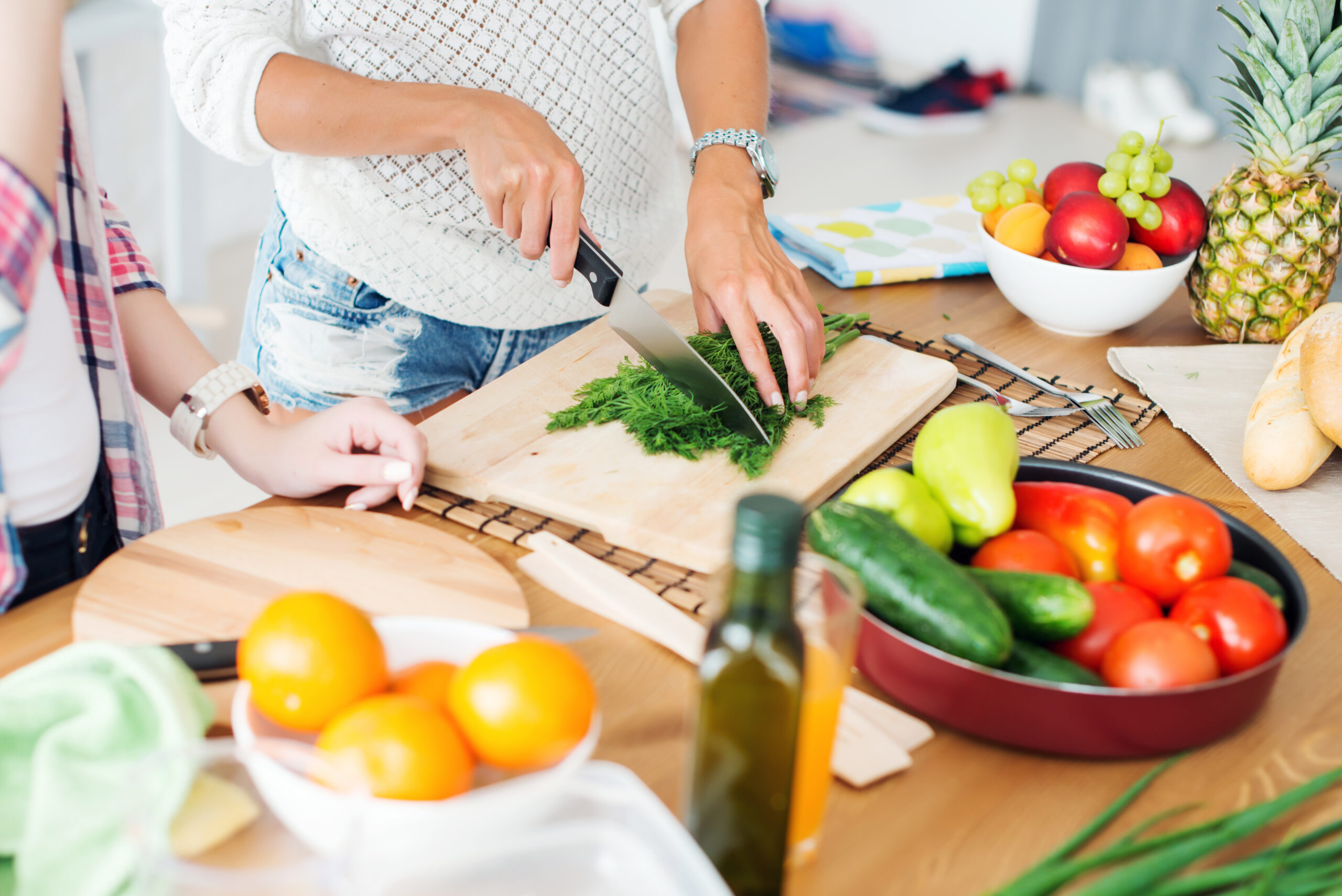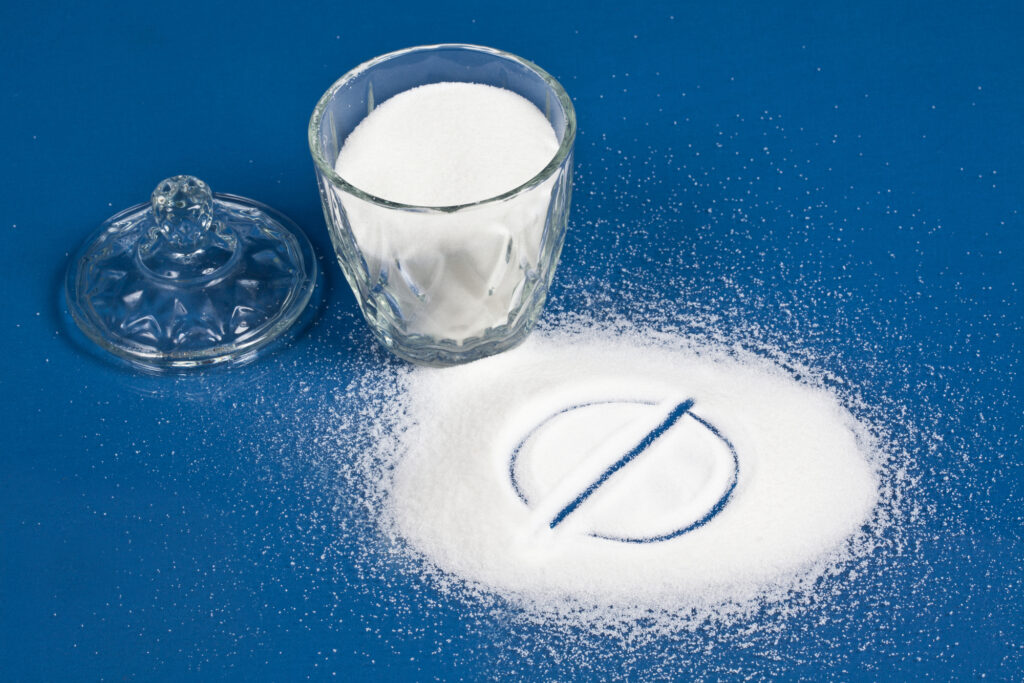
What’s one thing that you learned in 2020?
2020 was a year full of growth and learning for me. It reminded me how important acceptance and flexibility are.
It forced us at SHiFT to rapidly pivot our business and change the way we deliver our programs and services entirely. None of this was easy, and yet as a team we pulled through and will be stronger going forward as a result. Adversity is nothing new for those of us in recovery though, all of us fight our own battles everyday.
At SHiFT, we are a purpose-driven company, and that purpose is to support people up and out of the depths of food addiction into food freedom. Over the last 26 years we have helped thousands of people do just that and we are immensely dedicated to continue this ground breaking work in 2021, all while tackling whatever new challenges life throws at us.
We continue to believe we are building something special here together with you at SHiFT, and thank each and every one of you for having the courage to let us into your recovery journey. We see you all as members of our family, and strive to have you reciprocate that same sentiment.
We are excited about the new year and look forward to being in recovery with you, one day at a time. I wish you all much peace, joy and abstinence in 2021. Should you need any help or support, you know where to find us 🙂
Here’s to a beautiful and unique 2021, whatever it ends up looking like.
Happy New Year,
Amanda





